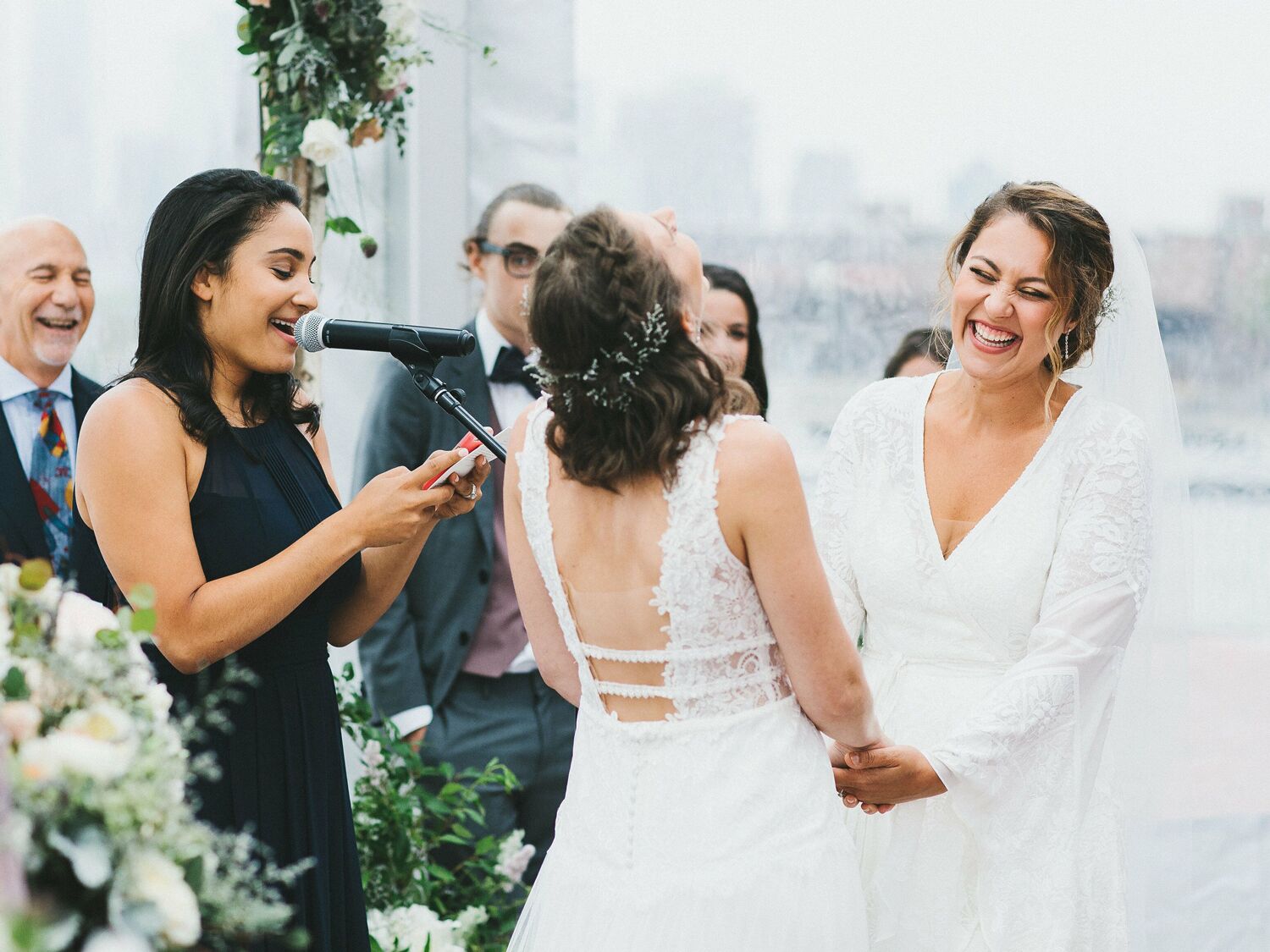
A wedding involves many individuals, from bridal party members to wedding vendors. The officiant is a highly essential individual on a couple’s wedding day. They conduct the wedding ceremony and are the first to announce the newlyweds as a married couple to guests.
Wedding officiants are inescapable for sure. They marry the pair. On many occasions, officiants encourage couples whose parents do not accept their relationship. Several sorts of Toronto wedding officiants have the legal power to marry couples. The sort of wedding officiant required depends on the ceremony’s nature.
Here are the four types of Toronto wedding officiants:
1. Religious wedding officiant:
Many couples select a religious ceremony performed by a priest or rabbi. You might choose a long-time friend or a newcomer to your chosen religious leader. If you’re planning a religious ceremony, check with the church/potential officiant beforehand to see if there are any limitations. Some may demand pre-marital counselling, particular rites, or even the writing of your vows.
2. The popular type: A friend or relative as officiant
It’s grown more fashionable to have a close friend or family member ordained and officiate your wedding. Even these days, both the bride and groom’s dads may officiate their wedding. But don’t forget that if you want a friend or family member to officiate your wedding, prepare things in the right way! Some states do not accept relatives or friends to conduct marriages.
3. Licensed officiant:
Professional officiants are not religiously affiliated. That makes them perfect for couples who aren’t religious or aren’t converting to the same religion. In order to write the ceremony’s speech, professional officiants usually meet with the couple once or twice. Many will share the speech with the couple ahead of time, and others even let the pair compose it.
4. Civil judge:
Many couples planning destination weddings overseas opt for a civil ceremony at home. Most nations do not accept weddings performed by foreign officiants because they are not authorized to perform them. Civil officiants are judicial officials like judges or justices of the peace. They provide legal weddings and are fantastic alternatives for couples who prefer a simple ceremony.

